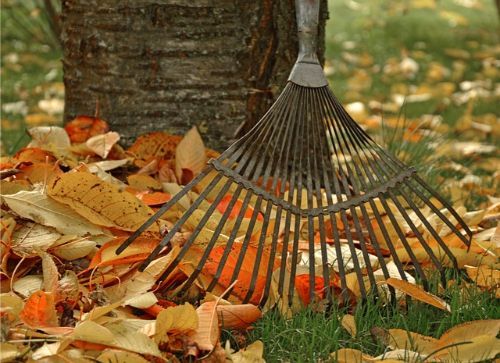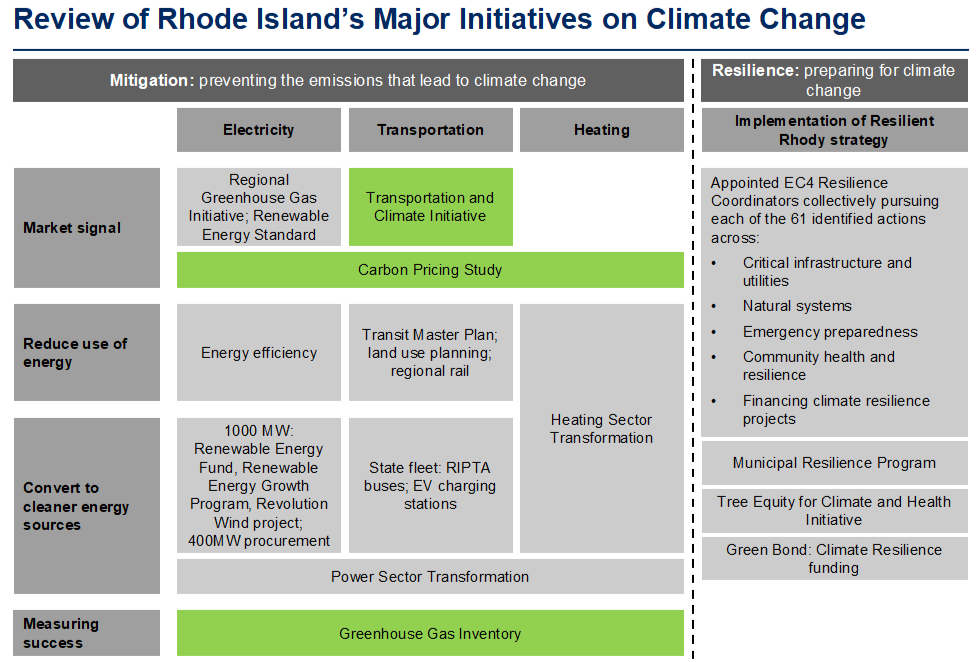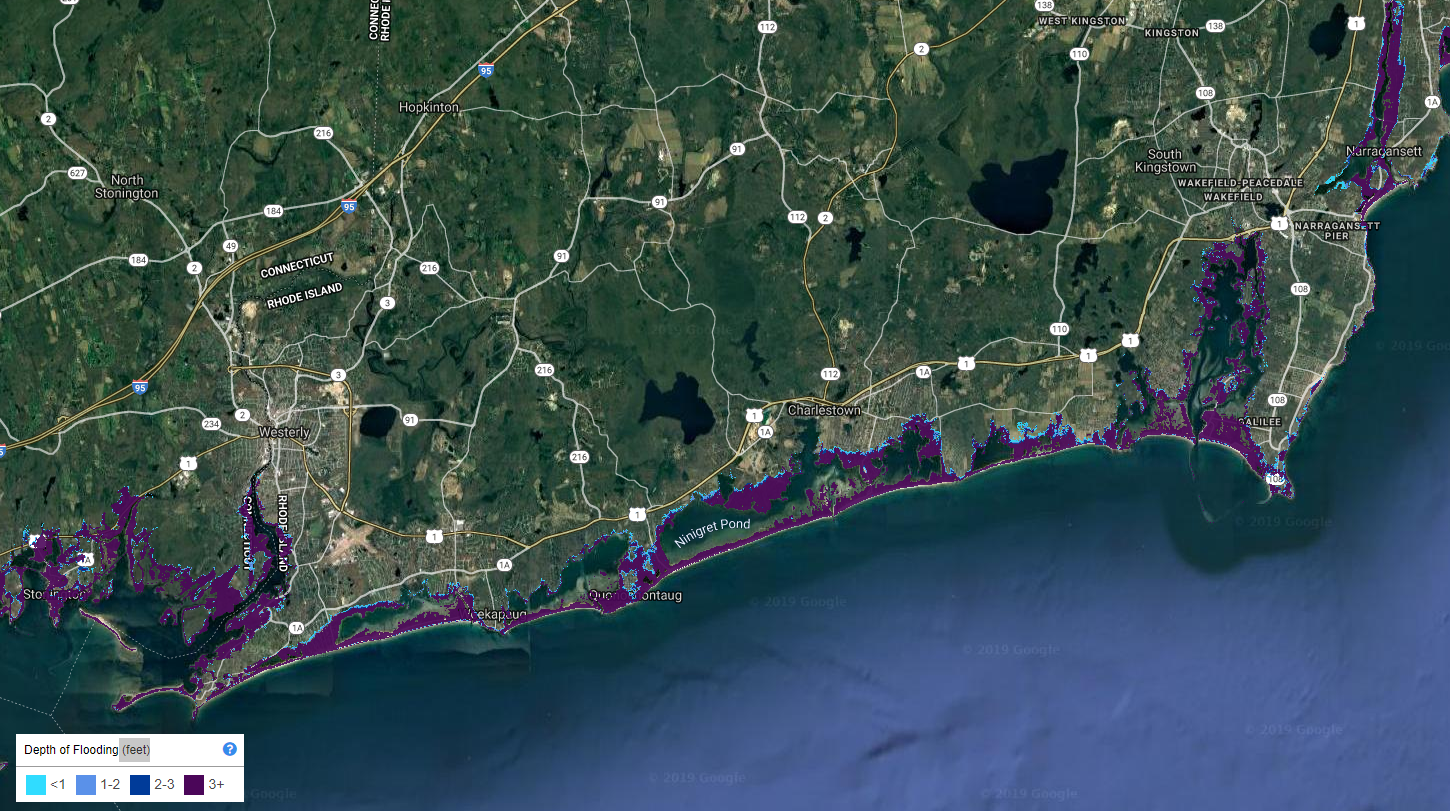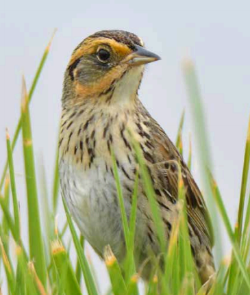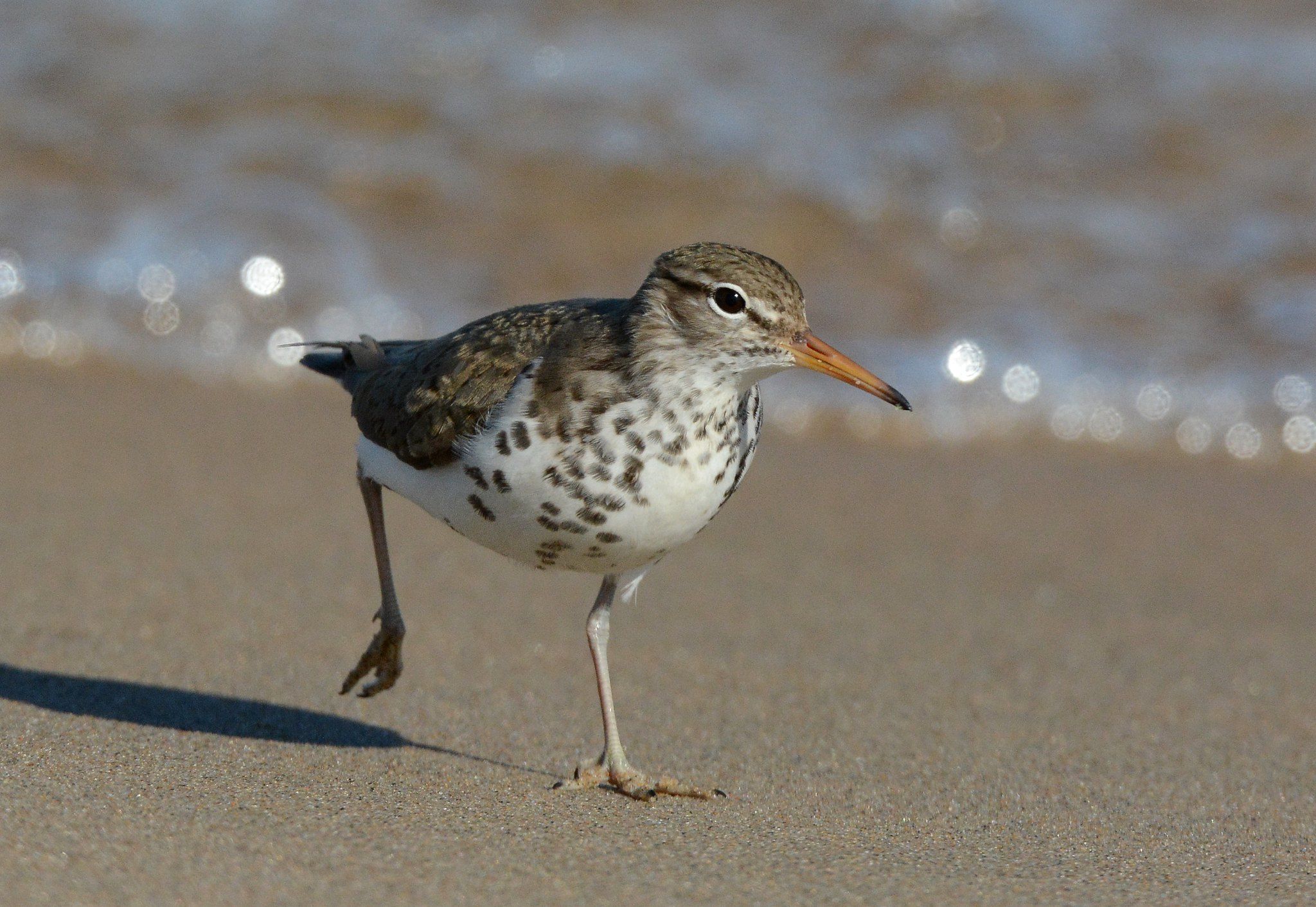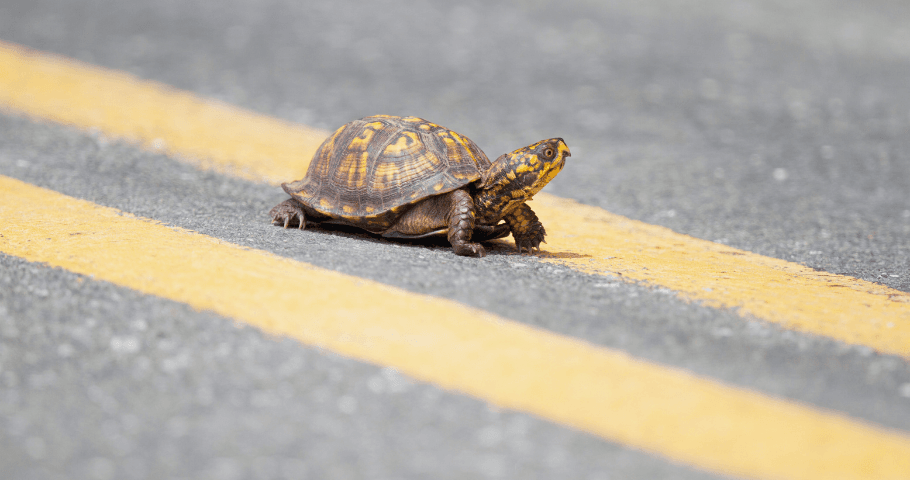October 2019
Introducing The Audubon Eagle Eye Advocacy Update! These monthly updates will provide you with simple actions you can take to help foster a cleaner, healthier planet along with local and national environmental news. Advocacy to protect birds and wildlife is a top Audubon priority and this work goes beyond testifying on their behalf on Smith Hill. Year round, we are working with our community partners and Rhode Island leaders to ensure the environment is a priority. These updates will keep you informed and ready to take action when the legislative session is upon us. As the newsletter continues, we are very interested in your suggestions and questions. Please send them to Audubon Senior Director of Policy Meg Kerr at mkerr@asri.org.
Sign up to get the Audubon Eagle Eye Advocacy Update in your inbox!
Action You Can Take This Month
-
It’s fall. The air is crisp and pumpkins are everywhere. And if you have a yard, it is quickly filling with leaves. Rather than bagging your leaves for the trash, put them to use!
Leaves are full of organic matter than can benefit your gardens and lawn. If you have a light covering of leaves, try mowing them up and leaving as a lawn compost over winter. They will decay and feed your lawn. If you have a lot of fallen leaves, rake some into your gardens and let them compost over the winter. They can be tilled into the soil in the spring and your garden will benefit from the organic matter. If you just have too many leaves to mulch, look to see if there is a place in your yard where you can pile them up and let them decay. Remember that you are also providing great habitat for birds and other wildlife when you let your yard go wild!
If you simply can’t deal with the amount of leaves in your yard, check out the Rhode Island Resource Recovery web site for information on local programs for dealing with yard waste – it varies across the state.
-
Ideas from our Readers
-
Last month readers sent in some ideas for creative ways to reduce and reuse. This came in from Nancy Fullerton:
“Here's something we've been using for quite a while...sets of utensils that we carry in lunch bags, cars, backpacks and purse. They're convenient to carry, just toss in the dishwasher, then ready to use again. Find them in sporting goods, even dollar stores.”
Email your ideas to Meg Kerr, mkerr@asri.org
-
Climate Change – What is Rhode Island’s Government doing?
-
The Executive Climate Change Coordinating Council (EC4) is charged with leading Rhode Island’s work to address climate change. RI Department of Environmental Management Director Janet Coit chairs this council. Her staff provided this chart to describe the breadth of initiatives underway on climate mitigation (reducing greenhouse gas emissions) and resilience (preparing communities and people for the impacts of climate change). The items in green were highlighted at the EC4’s September meeting.
To learn more about the state’s efforts on climate change, visit climatechange.ri.gov/.
-
Graphic courtesy of climatechange.ri.gov/
Assessing Flood Risk
-
Senator Whitehouse hosted the annual Rhode Island Energy, Environment and Oceans Leaders forum on October 4. One of the keynote speakers, Matthew Eby, is Founder and CEO of First Street Foundation, a research and technology nonprofit working to define America’s growing flood risk. The Foundation conducted peer-reviewed research that found a $15.9 billion loss nationally in relative home values caused by tidal flooding and sea level rise between 2005 and 2017. In Rhode Island, they calculate the loss is $44.7 million. The hardest hit areas are Charlestown, Watch Hill, Newport, Misquamicut, and Warwick. Learn more about the research by clicking here.
The organization is also evaluating the flood risk of every property in the United States and presenting their findings to the public for free on FloodIQ.com. Check out your home! The site has good coverage in Rhode Island.
-
National Issues
Decline in Birds Throughout North America
-
We have all read the news about the stark decline in birds throughout North America. The Cornell Lab of Ornithology reports, “Nearly 3 Billion Birds Gone Since 1970: The first-ever comprehensive assessment of net population changes in the U.S. and Canada reveals across-the-board declines that scientists call “staggering.” All told, the North American bird population is down by 2.9 billion breeding adults, with devastating losses among birds in every biome. Forests alone have lost 1 billion birds. Grassland bird populations collectively have declined by 53%, or another 720 million birds.”
These trends are happening in Rhode Island and there are things we can do to help birds recover. Cornell offers 7 simple ways to help birds:
-
- Make Windows Safer, Day and Night
Simple adjustments to your windows can save birds’ lives.
- Keep Cats Indoors
Indoor cats live longer, healthier lives. Outdoor cats kill more birds than any other non-native threat.
- Reduce Lawn by Planting Native Species
The U.S. has 63 million acres of lawn. That’s a huge potential for supporting wildlife.
- Avoid Pesticides
Look for organic food choices and cut out some of the 1 billion pounds of pesticides used in the U.S. each year.
- Drink Coffee That’s Good for Birds
Shade-grown coffees are delicious, economically beneficial to farmers, and help more than 42 species of North American songbirds.
- Protect Our Planet From Plastics
91% of plastics are not recycled, and they take 400 years to degrade.
- Watch Birds, Share What You See
Bird watchers are one of science’s most vital sources of data on how the ecological world is faring.
ACTION Click here for resources on how to implement these 7 simple ways to help birds.
Legislation: Recovering America’s Wildlife Act of 2019
-
Congress is considering legislation to address the dramatic loss in wildlife in our nation. The Recovering America’s Wildlife Act of 2019 will provide states, territories, and tribes with $1.4 billion annually to catalyze proactive, on-the-ground, collaborative efforts to restore essential habitat and implement key conservation strategies, as described in each state's Wildlife Action Plan. As currently drafted, Rhode Island would receive about $10 M in new funding to invest in actions identified in the state’s Wildlife Action Plan.
Representative Cicilline has signed on as a co-sponsor. If you live in the first congressional district and he is your representative, contact him to thank him for his support. If you live in the second congressional district, represented by Representative Langevin, consider contacting his office and encouraging him to co-sponsor this legislation, using the letter template below.
-
ACTION Below is a letter template. If you live in the second congressional district, represented by Representative Langevin, consider contacting his office and encouraging him to co-sponsor this legislation.
-
Please co-sponsor the Recovering America’s Wildlife Act, H.R. 3742.
I am deeply disturbed by the rapid loss in wildlife in our country.
The North American bird population is down by 2.9 billion breeding adults, with devastating losses among birds in every type of habitat. Forests alone have lost 1 billion birds. Grassland bird populations collectively have declined by 53%, or another 720 million birds.
These trends are happening right here in Rhode Island and I am writing to ask you to co-sponsor H.R. 3742, the Recovering America’s Wildlife Act of 2019.
The Recovering America’s Wildlife Act will accelerate the recovery of these species, including the more than 1,600 U.S. species listed under the Endangered Species Act. The Act is built on the premise that the best way to save America’s wildlife is through collaborative, proactive, voluntary work before species need more expensive “emergency room procedures” through the Endangered Species Act.
I urge you to invest in Rhode Island’s wildlife by supporting and co-sponsoring H.R. 3742.
Thank you.
Sincerely,
-
On Thursday October 17th, the House Subcommittee on Water, Oceans, and Wildlife held a hearing on the Recovering America’s Wildlife Act and the Wildlife Corridors Conservation Act. Testifying on the benefits of both bills were National Wildlife Federation’s (NWF) President and CEO Collin O’Mara, NWF Board Member and head of the Navajo Nation’s Fish and Wildlife Department Gloria Tom, National Audubon Society's Marnie Urso, U.S. Fish and Wildlife Service's (USFWS) Stephen Guertin, and American Lands Council's Jennifer Fielder.
The hearing was mostly successful, with both Republicans and Democrats on the committee saying positive things about the merits of the bills. If you’re interested in watching the recording of the hearing, click here.
-


